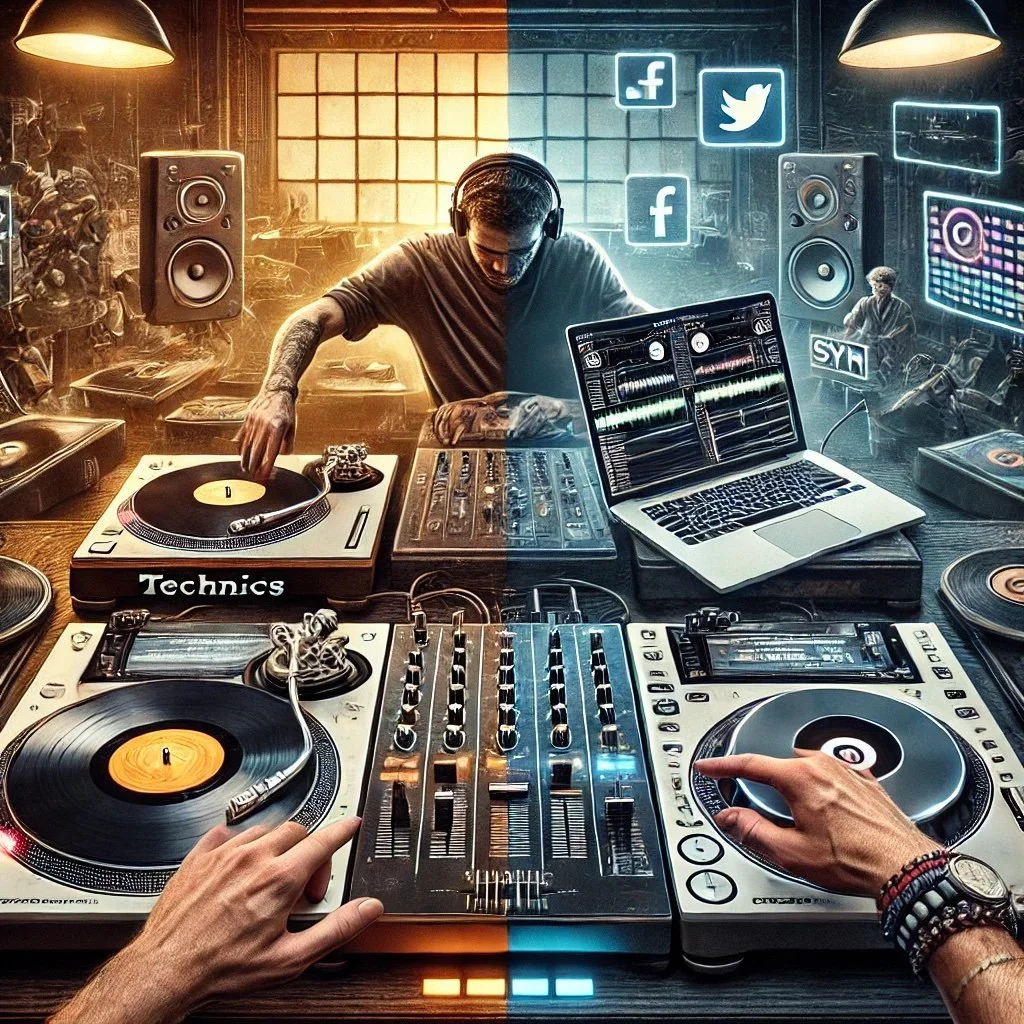Rediscovering Emotion:
Stark D, Dashdot & John Russell Unite on
"Commonplace"
There’s a certain magic in musical revival — when a track from the past is reimagined for today’s dancefloors without losing its soul. Commonplace, the latest release from Vintage Music Label, is exactly that: a striking blend of heartfelt songwriting, modern electronic production, and a powerful sense of creative synchronicity.
This standout single, born from the dusty corners of a forgotten promo CD, sees Brazilian-born producer Stark D teaming up with the legendary Dashdot and the unmistakable voice of John Russell. Originally penned by Russell during his early years in Peterborough, the song had long been unreleased, waiting for the right moment — and minds — to bring it back to life.
In a chance rediscovery of Russell’s old material, Stark D was instantly pulled in by the emotional depth of the original. The track was soon reworked with melodic finesse, calling on Dashdot’s textured production and live guitar layers to elevate the tune into the realm of progressive techno and melodic house. What emerged is a sonic experience that fans of Monolink, Bob Moses, and Massano will instantly connect with — haunting, euphoric, and primed for both introspection and late-night dancefloors.
With a pulsating bassline and hypnotic synth leads, Commonplace walks a tightrope between nostalgia and innovation. The ‘Stark D Edit’, included in the release, adds a further dimension — preserving the folk essence of the original while reshaping it for a deeper club setting.
Early recognition has already followed. The single has been premiered on the YouTube channel Child of House, covered by Argentina’s DJW Magazine, and backed by a PR campaign from MillMGMT, not to mention a scheduled promotional push across Spotify and social platforms. The release has also received radio play and will be featured on various international platforms — including Beatport, Spotify, SoundCloud, and YouTube.
And for collectors and vinyl lovers, Commonplace is available in a special limited-edition vinyl format exclusively via ElasticStage. Each purchase includes access to a digital download, bridging analogue warmth with digital convenience.
Commonplace is more than a track — it’s a narrative of revival, collaboration, and timeless artistry. Stark D, Dashdot, and John Russell have built something lasting, and Vintage Music Label is proud to share it with the world.
Listen now, stream everywhere, or secure your vinyl copy while stocks last.















